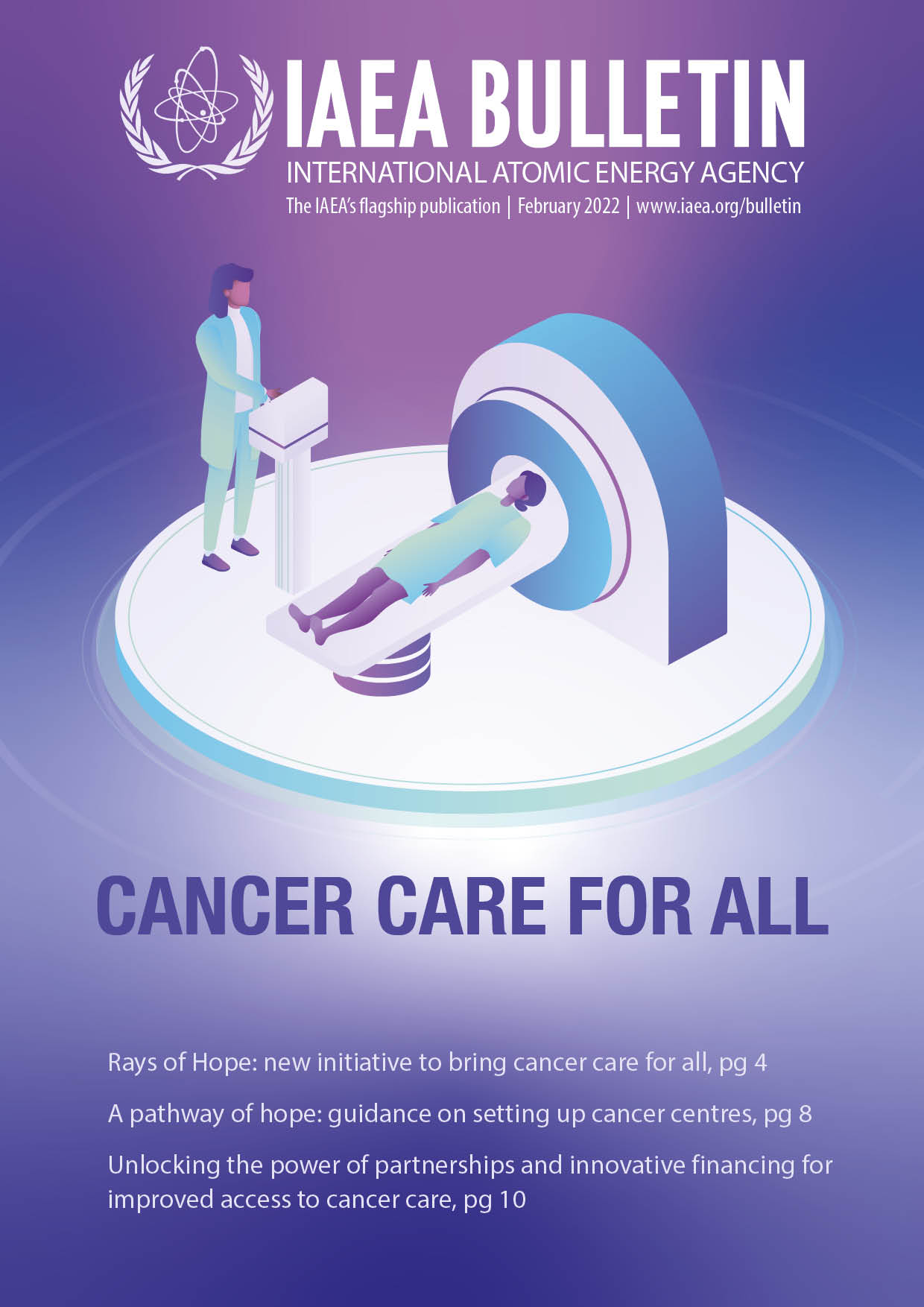After more than a decade of preparations supported by the IAEA, Niger commissioned its first public radiotherapy facility in 2021, marking an important milestone in the country’s fight against cancer.
Since treatments began in November last year, more than 15 cancer patients have been treated using cobalt therapy technologies at the National Cancer Centre (CNLC) radiation facility in the country’s capital, Niamey, said Malam Abari Moustapha, Director General of the CNLC.
There are nearly 10 000 new cancer cases in Niger every year, and more than 50 per cent of patients would benefit from radiotherapy as part of their treatment, including those diagnosed with breast, cervical and lung cancers, the most common types of cancer in the country.
“Particularly in Africa, where care is already limited, meeting the growing need for cancer services is an exceedingly complex endeavour. The launch of the CNLC facility, however, demonstrates that it can be done,” said Shaukat Abdulrazak, Director of the Division for Africa of the IAEA’s Department of Technical Cooperation. “Despite the added challenges imposed on the process by COVID-19, the IAEA remained in close contact with Nigerien counterparts to deliver the much-needed radiotherapy equipment and specialist training, and we plan to continue that close support.”
In Africa, 23 countries still do not have a radiotherapy machine, according to the IAEA’s Directory of Radiotherapy Centres. Niger is now no longer among them.
Before the radiotherapy machine was commissioned, no public cancer treatment services were available in Niger, except for limited chemotherapy services, which are complementary to radiotherapy, but do not replace it. While some patients were able to receive care abroad, the costs associated with international travel and treatment were prohibitive for most of the thousands of new cancer patients diagnosed each year.

